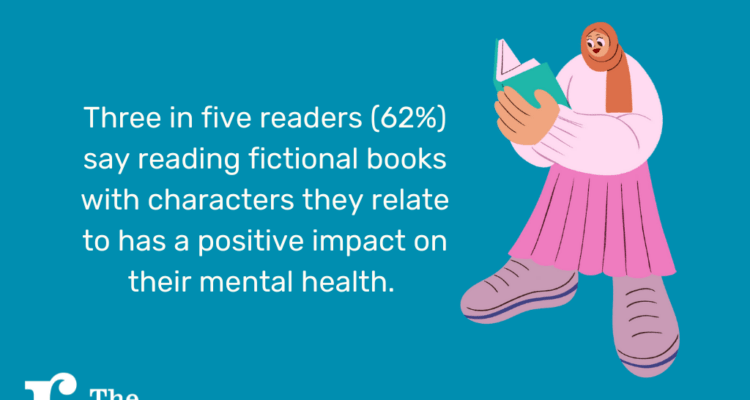An investigation into the therapeutic benefits of reading in relation to depression and well-being
This one-year research study concluded that Shared Reading groups helped patients suffering from depression in terms of their social, mental, emotional and psychological well-being. The clinical data indicated that statistically significant improvements in the mental health of depressed patients had occurred during the 12-month period in which they had attended reading groups.
It found that there were four significant ‘mechanisms of action’ involved in the reading group intervention, three of which were essential to its success, the fourth influential:
- A rich, varied, non-prescriptive diet of serious literature
- The role of the group facilitator in making the literature ‘live’ in the room
- The role of the group in offering support and a sense of community
- The creation of stimulating, non-pressurised, non-judgemental atmosphere (‘not like school’, as one participant emphatically put it) overrode considerations of physical environment
The report also established what types of literature work, why they work and how they work in the specific context of depressive illness.
Billington, J., Dowrick, C., Robinson, J., Hamer, A., Williams, C. (2011)
Share
Related Articles

Give a vulnerable child the joy and lifelong benefits of reading this Christmas
This Christmas, we're calling for donations to help us reach a £10,000 festive fundraising target. Funds raised will support the…

Community based solutions are needed to support the NHS to deal with mental health crisis
Geetha Rabindrakumar, our Director of Partnerships, Communities and Impact reflects on our research on reading habits and mental health and…

New research on what books can do for our mental health during a cost of living crisis
Our new survey of 2,000 people across the UK* reveals: Nearly two-fifths (38%) agree that they can relate to literature…


